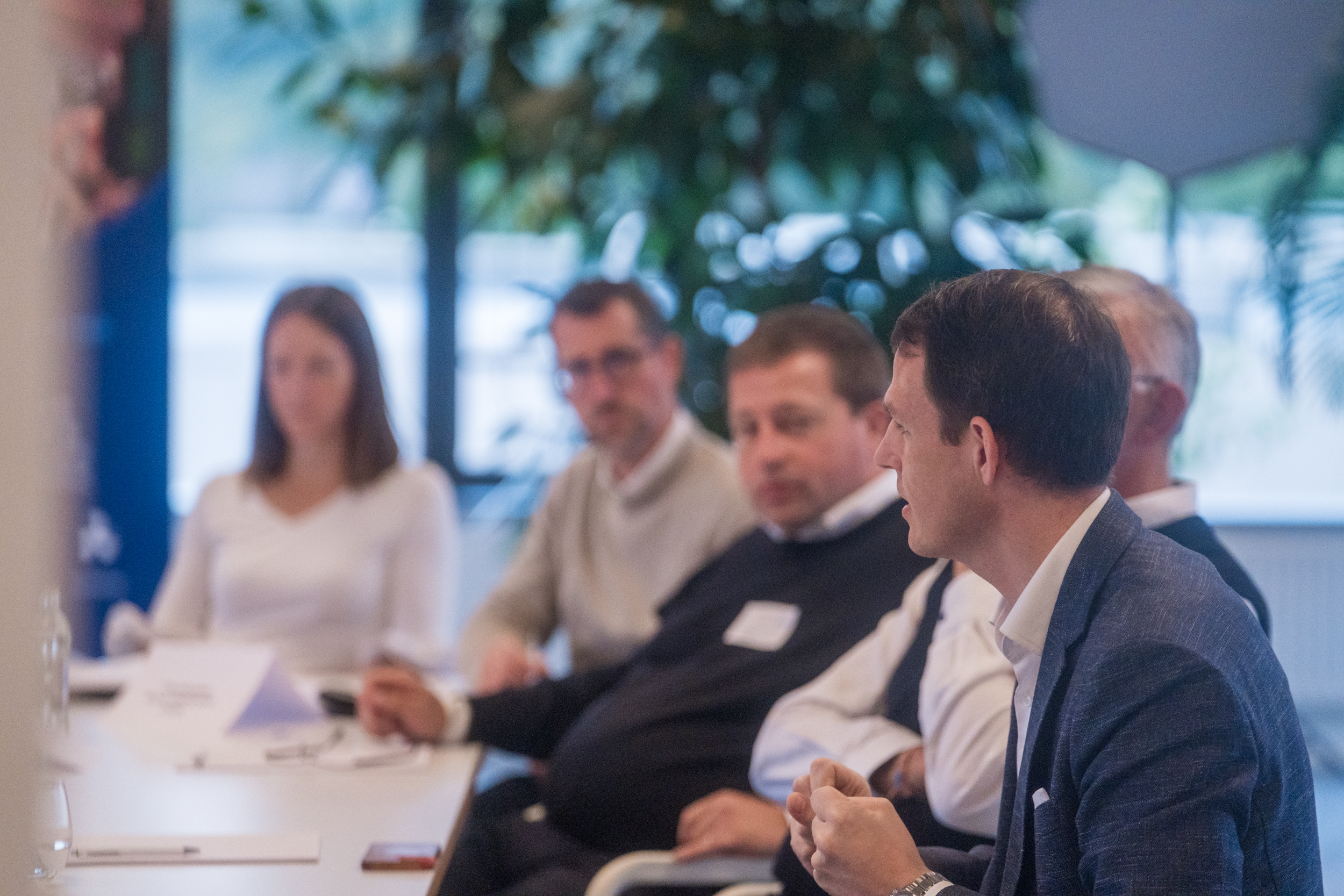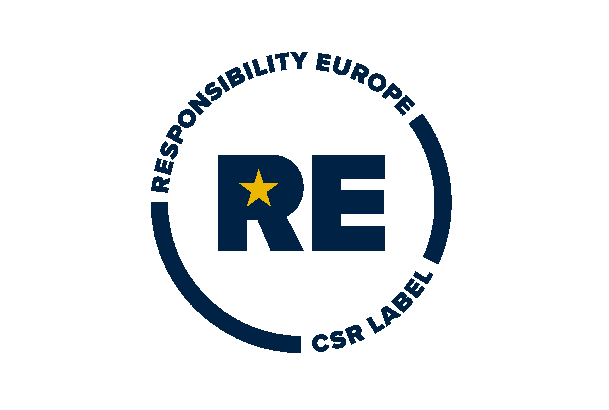New products and opportunities thanks to a Fit 4 Resilience programme
MindForest is an “LXI approved” consultant, therefore with authorization to work on a series of performance programmes that are partially funded by the Ministry of the Economy. The portfolio of these performance programmes includes the Fit 4 Resilience programme, a crisis exit and strategic repositioning programme, which emerged from the context of the Covid 19 pandemic. Fit 4 Resilience aims to analyse the impact of the crisis on both internal and external factors and includes a study of strategic decision-making designed to come up with a company-specific concrete roadmap.
An SME in the facility management sector approached MindForest in the context of Fit 4 Resilience to find out more about the programme. The first step was to be able to assess the company’s current situation. In order to align this picture as close to reality as possible, interviews were first conducted with various key stakeholders in the company. From a change management perspective, this view is important for several reasons, as it serves to create a coherent overall picture.
Participating in the Fit 4 Resilience programme means gaining insight into a number of management tools, such as the Business Model Canvas. Here the entire business plan of the company is laid out; basically, one tries to place all the different components in 9 predefined categories:
- Key Partners: Who are our allies with whom we conduct business?
- Key Activities: What are our everyday activities with which we earn money?
- Key Resources: Equipment, infrastructure
- Value Propositions: What products/services do we offer to our clients?
- Customer Relationships: How do we get/keep in touch with our clients?
- Channels: How do we communicate with our customers?
- Customer Segments: Which customer segments consume/use our products/services?
- Cost Structure: What are our main costs in relation to resources and performed activities?
- Revenue Streams: How do we earn money?
Although companies generally have a business plan, this does not mean that it is continuously updated. Fit 4 Resilience thus offers companies the environment to talk about very elementary, but also fundamentally important aspects of their business.
Moreover, discussions like these are often neglected in favour of keeping the operational business running, which in turn means that vital discussions on whether certain components are really appropriate to the company’s strategy do not take place. As with many models, it is not just about filling in a template, but about the discussions that need to take place to get to the stage at which strategic decisions can be facilitated. The advantage of exploring such a model together with MindForest is that as an external consultant, we can bring in-depth knowledge acquired from various fields of industry to the table and thus incorporate other points of view into the conversation.
If you have the same conversations with the same people in the same setting, you usually come to the same conclusions – the Fit 4 Resilience programme therefore offers you the chance to get out of your comfort zone since you are asked to think outside the box.
Another part of the programme is to fill a TOWS matrix, which is all about putting the outcome of a classic SWOT (Strengths, Weaknesses, Opportunities and Threats) into perspective to help the company determine a set of strategies, which are adapted to its respective environment and fueled by thoughts on digitalization and the circular economy.
- SO-strategies: A combination of strengths and opportunities, bringing together the most optimistic and rather aggressive growth strategies.
- ST-strategies combine both strengths and threats and are regarded as diversification strategies; external negative factors are counteracted using internal resources and qualities.
- WO-strategies stands for a rather restrained set of strategies, whereby one rather tries to adapt one’s own weaknesses with regard to the recognised opportunities to achieve a meaningful result.
- WT-strategies describe the most defensive of all strategies, it leaves room to think about worst case scenarios.
During Fit 4 Resilience, it was also a question of incorporating the 17 Sustainable Development Goals (SDG) proclaimed by the UN into the strategic reflection, thus possibly including goals in the portfolio that are dedicated to sustainability. Find out more about the 17 SDG here.
Over the years, MindForest has found that it is difficult for SMEs in particular to adopt long-term strategies. There are several reasons for this; top management is often very involved in operational activities, so that strategic reflection usually falls by the wayside.
Secondly, when dealing with organisational matters, few SME’s have any real middle management, which means that the implementation of strategic objectives lies with the top management – resulting once more in time constraints. Fit 4 Resilience therefore enables companies to gain insight into strategic thinking and then emerge strengthened based on a wide range of possible actions.
Experience from other projects clearly shows that employees have difficulty in implementing goals that are difficult to relate to, objectives that are not accompanied by corresponding roles and responsibilities. It is important to create a roadmap to demonstrate how the reviewed strategy will be achieved, not least because it is important to set a well-defined timeframe. In this context, the Fit 4 Resilience programme we accompanied resulted in two concrete product ideas, as well as a series of opportunities for improving internal processes and role descriptions, that were all included in said action plan. The company was therefore also able to benefit from MindForest’s ability, based on many years of experience in the field of change management, to accompany the company through the change that inevitably follows such a strategic repositioning.
Let us help you
Does the fit 4 resilience programme sound just about right for you and your company?
WANT TO RECEIVE OUR LATEST THOUGHT LEADERSHIP CONTENT?
Related posts
 Digital Transformation and Change Management: Lessons shared in an event hosted by Cebi and MindForest
Digital Transformation and Change Management: Lessons shared in an event hosted by Cebi and MindForest
 Can Engagement Help Reduce Absenteeism?
Can Engagement Help Reduce Absenteeism?
 Daring to Lead Positive Transformation: What If you explored a disruptive approach to Change with Appreciative Inquiry?
Daring to Lead Positive Transformation: What If you explored a disruptive approach to Change with Appreciative Inquiry?
 Have you Examined the Advantages of Working with Data Analytics yet?
Have you Examined the Advantages of Working with Data Analytics yet?
 Daring to Lead Positive Transformation: How can you implement and manage positive change with success?
Daring to Lead Positive Transformation: How can you implement and manage positive change with success?




